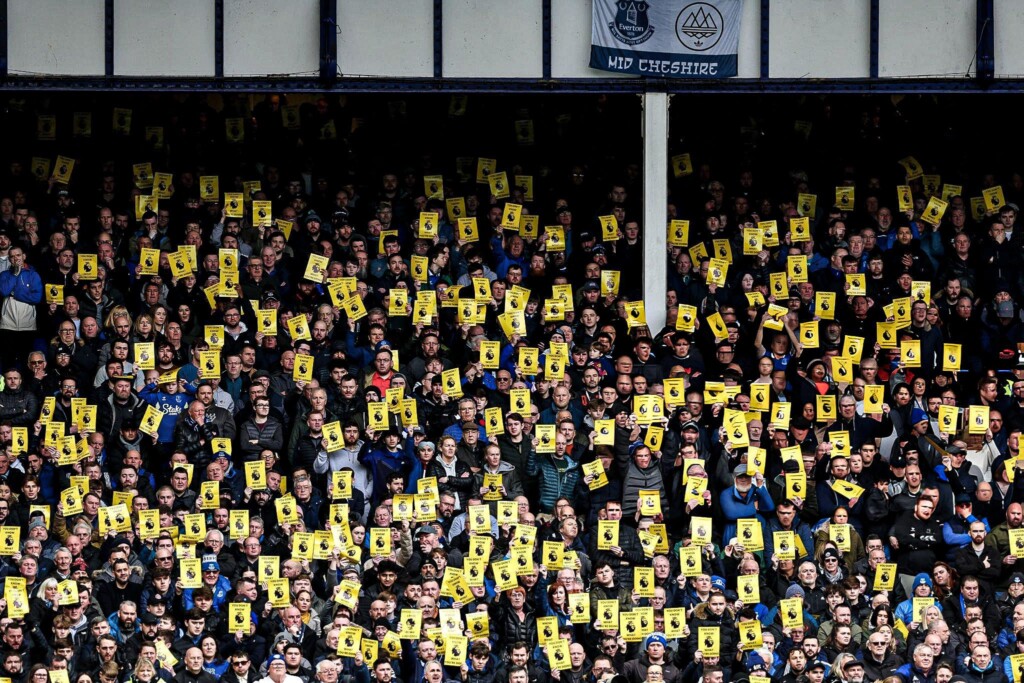The Premier League Financial Fair Play rules have been developed to support financial stability and fair competition between the football clubs of the leading football division in England. To avoid excessive investment and assure long-term profitability these requirements affect the financial strategy of the clubs fundamentally. This article examines the concept and importance of Premier League Financial Fair Play and relates academically useful information supported by examples from modern football practice.
What Are Financial Fair Play Rules?
Financial Fair Play rules were introduced by UEFA and adapted by various leagues, including the Premier League famously known as Premier League Financial fair play rules, to curb financial mismanagement and excessive spending by football clubs. The primary objective is to ensure clubs operate within their means, balancing their spending with their revenues.In 2009, UEFA found that over half of 665 European clubs had experienced financial losses in the previous year, and it was believed that at least 20% of these clubs were in financial jeopardy. This prompted the governing body to take action.

The concept of FFP was established by UEFA in 2009 and implemented at the start of the 2011/12 season.
The overview on their website reads: “The development, introduction and continued evolution of the financial sustainability system remains as one of UEFA’s most ambitious and successful financial projects.

“Implemented through the UEFA club monitoring process, it sets a framework to which clubs that play in UEFA men’s club competitions agree to abide by. It relies on the cooperation of clubs to declare a complete and genuine financial position.
“The system monitors through three key pillars – solvency, stability, and cost control – the financial sustainability of the clubs participating in the Champions League, the Europa League and the Europa Conference League (UCL, UEL and UECL respectively). The monitoring is done throughout the whole UEFA season.”
Key Components of Premier League Financial Fair Play
- Breakeven Requirement: Clubs must balance their football-related expenditure with their income. The breakeven rule mandates that clubs cannot spend more than they earn, with a certain allowable deficit over a three-year period. This rule aims to prevent clubs from incurring excessive losses.
- Profitability and Sustainability: The Premier League requires clubs to adhere to specific financial thresholds, ensuring long-term profitability and sustainability. Clubs are monitored on their financial health, and persistent losses can lead to sanctions.The Premier League financial fair play rules are now referred to as the Profit and Sustainability Rules (PSR). The regulations state clubs must not make a loss greater than £105m over the past three seasons.
- However, there are conditions to consider. Within those three seasons, clubs are limited to a £15m loss from their own funds, restricting additional expenditures such as transfer fees, wages, and compensation for former managers. This expenditure must align with their income derived from television rights, player sales, season tickets, and other sources.
- Any amount exceeding this limit up to the £105m threshold must be secured by owners purchasing shares, termed as ‘secure funding’ or personally investing in the club. Subsequently, Premier League teams must present their financial plans in accordance with these regulations.
- Related Party Transactions: Clubs must transparently report transactions with related parties, such as sponsors or owners’ companies. This measure prevents clubs from inflating their income artificially through non-commercial deals.
- Salary Cap and Squad Cost Control: The Premier League implements measures to control player wages and transfer fees. This includes regulations that limit the increase in the wage bill to ensure it is proportionate to the club’s revenue growth.
The Impact of Premier League Financial Fair Play on Clubs
Financial Fair Play has a profound impact on the operations of Premier League clubs. Here are a few notable effects:
- Encourages Financial Prudence: Clubs are incentivized to adopt more responsible financial practices, focusing on long-term stability rather than short-term success.
- Promotes Youth Development: With restrictions on spending, clubs are more likely to invest in their academies and youth development programs, fostering homegrown talent.
- Levels the Playing Field: While wealthier clubs still have an advantage, FFP aims to reduce the financial gap between the richest clubs and the rest, promoting a more competitive league.
Enforcement and Sanctions
The Premier League closely monitors clubs’ financial activities, and failure to comply with FFP regulations can result in various sanctions, including:
- Fines: Financial penalties are imposed on clubs that exceed allowable losses.In 2014, Manchester City and Paris Saint-Germain were charged with breaking UEFA’s FFP rules. These two clubs were among several to breach UEFA’s ‘break-even’ rule (essentially outspending their income) and were subsequently handed €60m fines (€40m suspended).
- Transfer Restrictions: Clubs may face restrictions on registering new players if they fail to comply with FFP rules.PSG had their UEFA squad reduced to 21 players and were handed transfer spending restrictions as well as two-year squad salary restrictions.
- Point Deductions: In severe cases, clubs may be docked points, affecting their position in the league standings.In November 2023, the Premier League handed out a ten-point penalty deduction to Everton for breaching its PSR rules for the 2021/22 season. The Toffees, who dropped from 14th to 19th as a result, revealed they were “both shocked and disappointed by the ruling of the Premier League’s Commission”.
- Nottingham Forest were hit with a four-point penalty in March 2024 for breaching PSR rules and dropped from 17th place into the relegation zone as a result. Forest admitted to the breach but remain likely to appeal the verdict.
Criticisms and Challenges
Despite its intentions, Financial Fair Play has faced criticism and challenges:

- Ineffectiveness Against Wealthy Owners: Some argue that wealthy club owners can still inject funds through complex financial structures, undermining the spirit of FFP.
- Disparity in Enforcement: Critics claim that enforcement of FFP rules is inconsistent, with bigger clubs sometimes receiving more lenient treatment.
- Impact on Smaller Clubs: Smaller clubs with limited revenue streams may find it harder to compete, as they cannot invest heavily to improve their squad.
Conclusion
The Premier League Financial Fair Play rules are a cornerstone of financial regulation in English football, aimed at ensuring the long-term sustainability and competitiveness of clubs. While the system has its challenges and criticisms, it remains a crucial framework for promoting financial responsibility in the sport. As the football landscape continues to evolve, the FFP rules will likely adapt, striving to balance financial fairness with the dynamic nature of the game.
By understanding and adhering to these regulations, clubs can achieve success both on and off the pitch, contributing to a healthier, more equitable Premier League.

